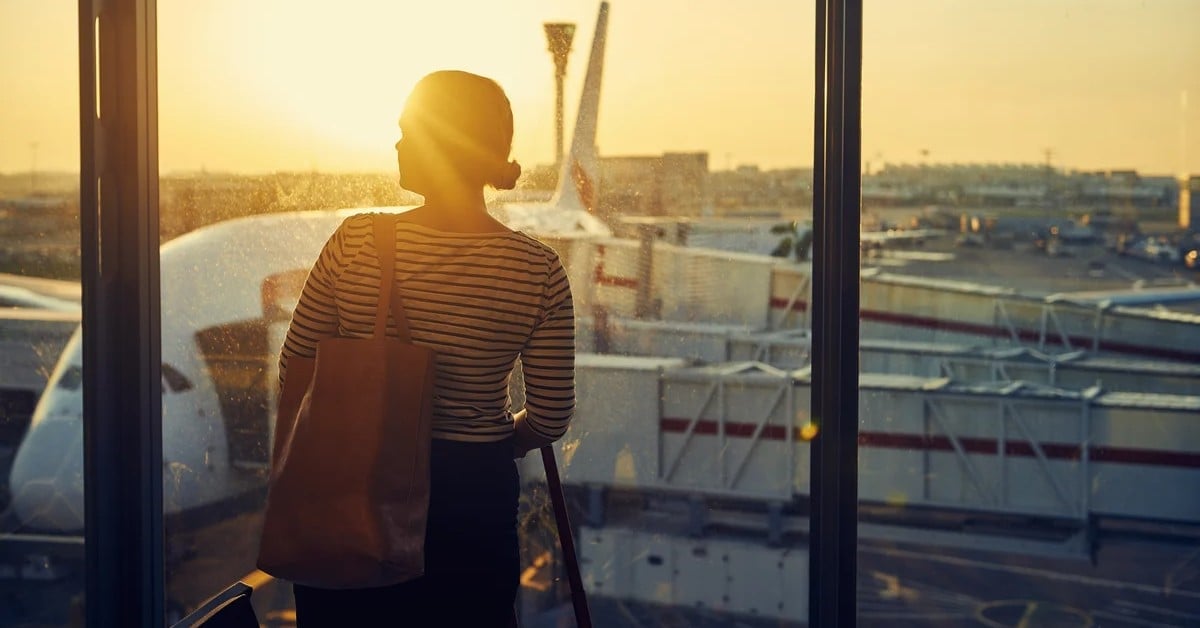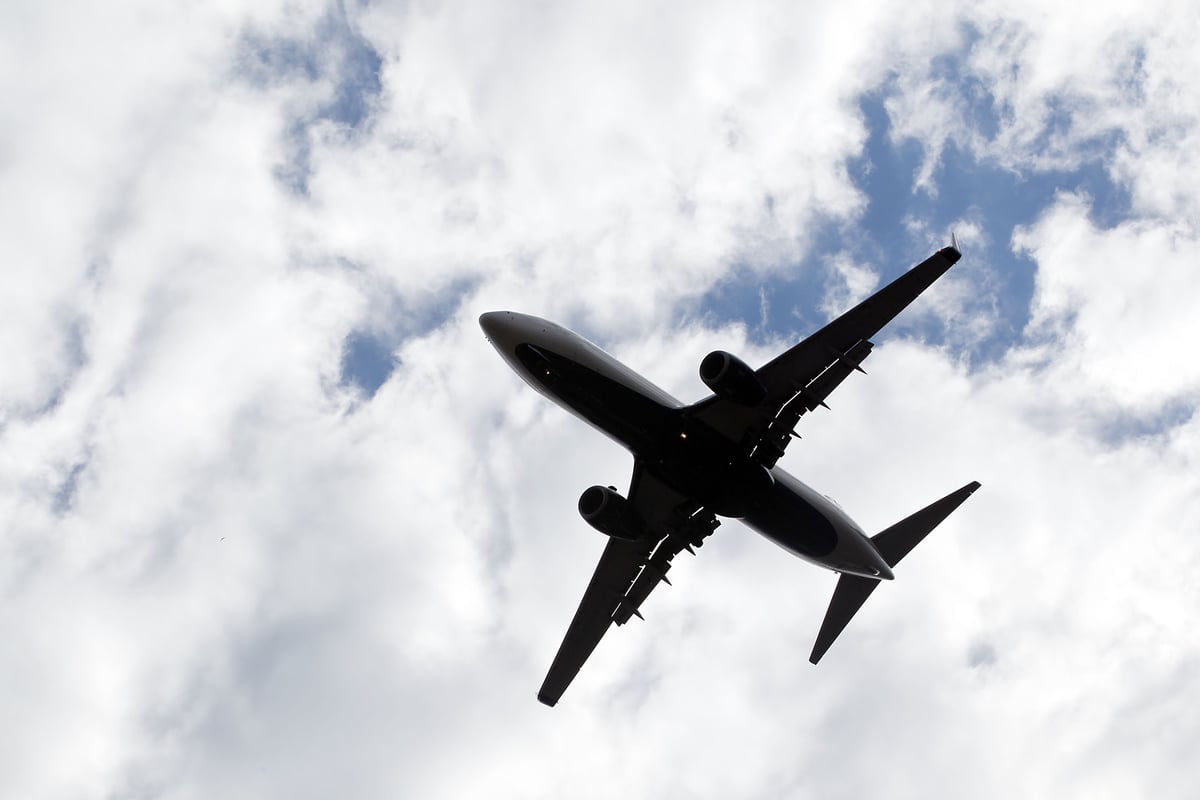
In 2012, years after having medical breast implant surgery to correct asymmetry, Megan* noticed a new sort of asymmetry had developed — one side sat high, while the other had naturally dropped with time.
To Megan, the difference felt stark.
But when she returned to her original surgeon, she was told any further surgery would be considered cosmetic and therefore not covered by any Medicare rebates.
The quote was out of reach, but she couldn't ignore the way she felt.
So, she started looking outside of Australia. There were a few options, but she eventually settled on Thailand.
Watch: Garett and his mum Dalene on getting cosmetic surgery in Türkiye. Article continues after the video.
"Even with flights and accommodation, it was cheaper than getting it done here," Megan says. The organisation made it sound easy — flights, surgery, accommodation, recovery, all tied up in a neat little package.
"From the first moment I spoke to the sales rep, I felt heard. They really sold the dream."
But once she arrived in Thailand, Megan's confidence started to waver.





























































































